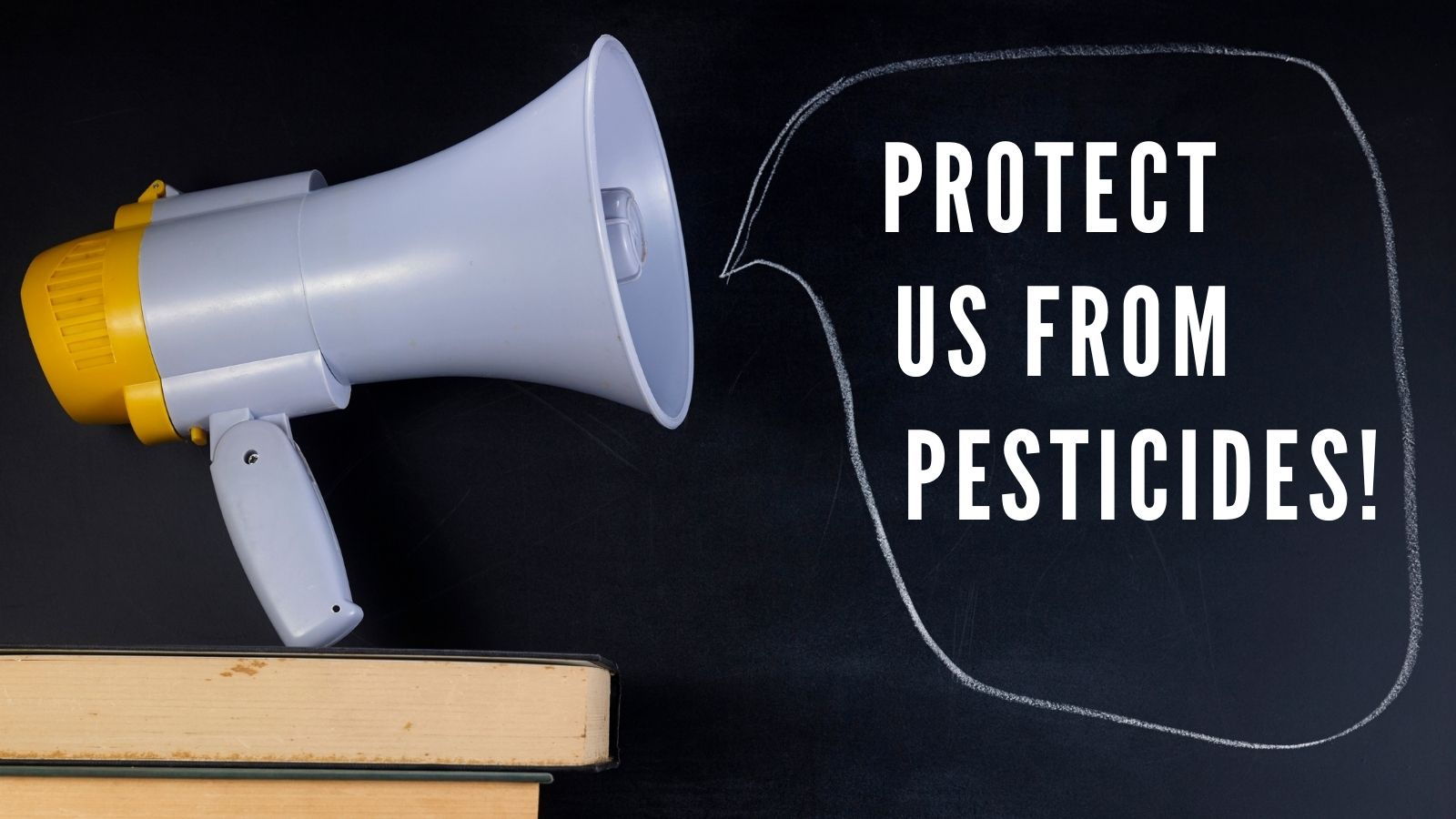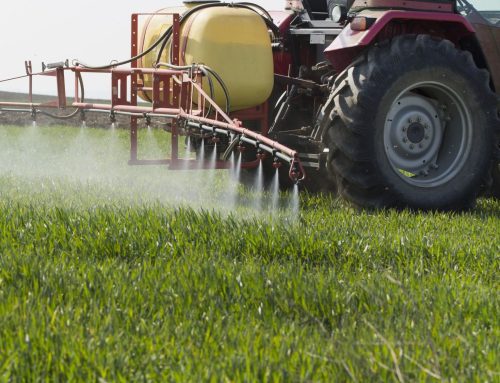A letter co-signed by PAN UK and fourteen other organisations and experts concerned about the impact of toxic chemicals on human health has been sent to UK Health Secretary Matt Hancock. The letter, which is supported by Breast Cancer UK and the Alliance for Cancer Prevention, is calling on the Government to ensure that post-EU the UK;
- Acknowledges formally the public health risks of routine exposure to low levels of carcinogens and other chemicals including endocrine disruptors (EDCs) used in everyday products and recognises them as potential risk factors for cancer and other public health conditions.
- Gives the new National Institute for Health Protection (NIHP) explicit responsibilities to monitor, research and propose appropriate restrictions on specific groups of harmful chemicals.
- Adopts a cross-governmental approach to the management of harmful chemicals, with the NIHP, Health and Safety Executive (HSE), Department of Health and Department of Environment, Food and Rural Affairs (Defra) working together to support the creation of a non-toxic environment.
- Raises awareness and provides training to Directors of Public Health, Public Health professionals and Clinicians on the risks of public and occupational exposure to harmful chemicals.
- Reviews and implements existing legislation on workplace exposures to harmful chemicals.
- Implements, without delay, the recommendations of the Environmental Audit Committee’s report on ‘Toxic Chemicals in Everyday Life’
For too long in the UK, pesticides have been seen as solely an issue for agriculture and environment policy– but the evidence of health harms caused by pesticides is too great to continue being ignored. It is vital that the Department of Health acknowledges that pesticides pose a significant risk to human health and fulfils its duty of care to UK citizens by putting in protective measures including, but not limited to, those listed above.
In addition to the proposals outlined in the letter to Secretary Hancock, PAN UK is also urging the UK Government to adopt a pesticide reduction target, introduce measures to support farmers to reduce their use of pesticides and bring in a complete ban on the sale and use of all non-agricultural pesticides.
Read the letter here.






